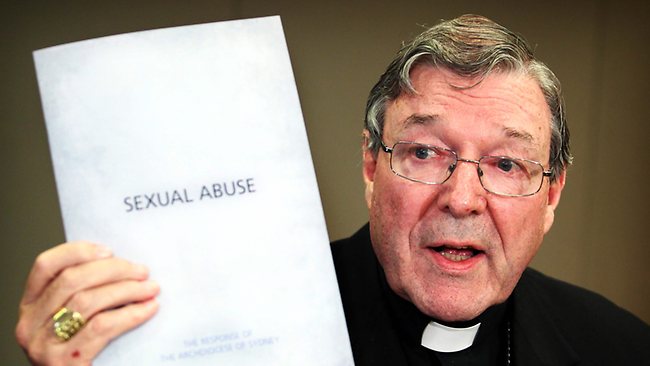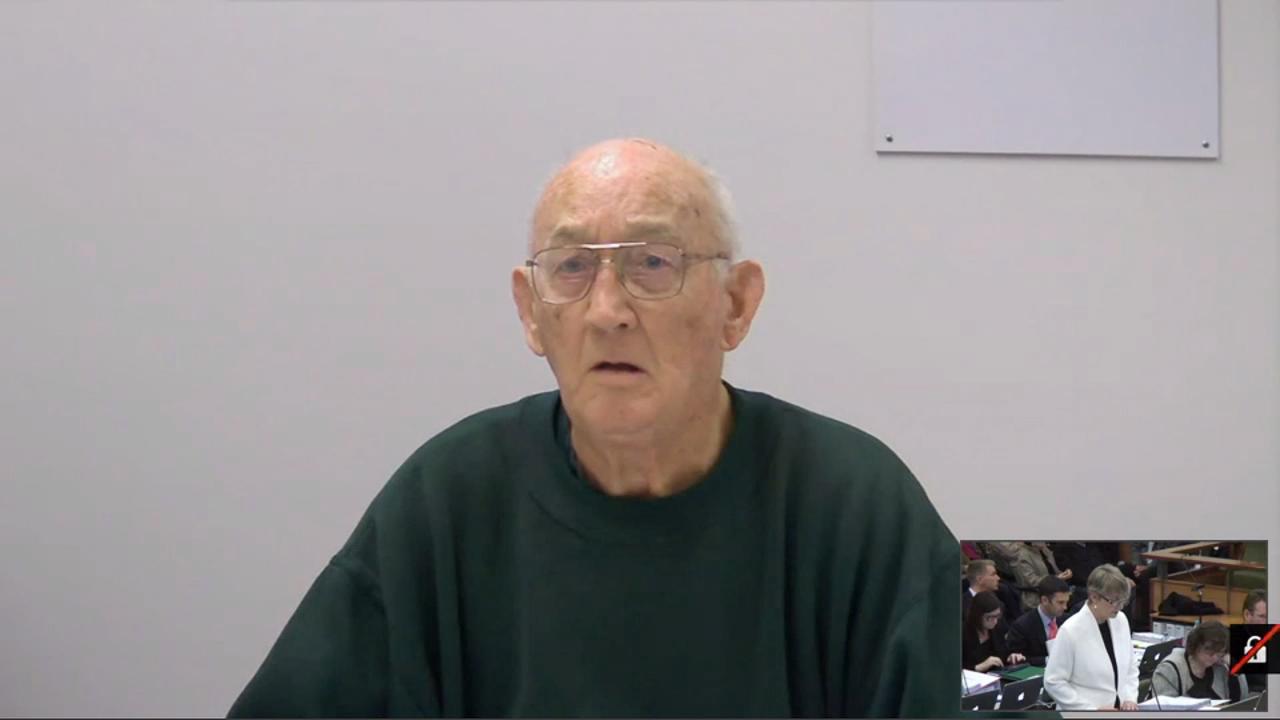Irish abuse inquiry head cautions Australia against holding 'mini-trials'
THE IRISH judge who conducted the only national child abuse inquiry similar to that proposed by Julia Gillard has urged her not to impose restrictive time limits.
THE IRISH judge who conducted the only national child abuse inquiry similar to that proposed by Julia Gillard has urged her not to impose restrictive time limits on Australia's royal commission, and to stop it getting bogged down in hundreds of miniature criminal trials.
High Court Justice Sean Ryan said the success of his 2009 report into abuse in Ireland owed much to its strategy of choosing “samples” of abusive incidents rather than getting tied down in the details of every allegation made against an institution.
In his first Australian media interview, Justice Ryan told The Australian that a “sampling” approach to studying patterns of abuse and how institutions responded to that abuse could speed up the inquiry, even though some abuse survivors are likely to push for detailed individual investigations and criminal prosecutions.
The Ryan inquiry initially sparked controversy by opting not to name individual abusers or recommend prosecutions, but ultimately produced a stinging expose of institutional neglect that was praised by most victim support groups.
Justice Ryan said he believed the Australian government should resist pressure to impose strict timelines on the inquiry.
The human rights lawyer Geoffrey Robertson, QC, for instance, today warned that the inquiry “should be given a deadline of a year, 18 months at the outside, to recommend the most appropriate national safeguarding policies.”
“The commission must narrow its terms of reference, which at present are impossibly broad, and confine its inquiries to those institutions - churches, schools and organisations for vulnerable children - against which complaints have been made,” said Mr Robertson.
“Otherwise it will take many years to report, while molestation continues.”
But Justice Ryan said he would advise against making the terms of reference too rigid in imposing an early deadline.
“I would be backing off that. The government will give an awful lot of thought to selecting the right people to conduct the inquiry and giving them the back-up they need, and I would trust those people to make that call,” he said.
His own inquiry into abuse at Irish state and church-run institutions had a deadline “in theory but not in practice.”
“The legislation said there was a time limit but we could look for extra time if we felt we needed it. But we were an independent body, not just reporting to the government but publishing our report independently, so if we asked for more time there was no way the government was going to say no.”
Ms Gillard said later the royal commission would take “as long as it takes to do it right”.
“I made it very clear yesterday that we're talking about what could be an extensive period of time and we should not set artificial limits on getting this done properly,” she told reporters in Perth.
The Prime Minister also said it was too early to say whether the royal commission would incorporate current state inquiries into child sexual abuse.
Justice Ryan, who still serves on the High Court, took over in 2004 as the head of an inquiry that was already five years old and dramatically lifted its pace and progress before issuing its report in 2009.
He said he was reluctant to offer unsolicited advice to the Australian government but made it clear that he still backs his inquiry's approach of concentrating on the institutional weaknesses that allowed abuses to continue because “we found it difficult to envisage a trial of every allegation somebody made.”
“We decided that we would not hear everybody in every institution, so we said we will hear a selection of people that we will choose from the documentary evidence.
“The logistics will be even more challenging in Australia because you are so much bigger than Ireland.
“It is a balance between project management and trying to achieve your outcomes.”
All 2000-odd abuse victims who gave evidence did so in private and their identities were protected.
“A very important thing is choosing the participants,” he said.
About 850 abuse survivors gave evidence to a three-member “investigative committee” and more than 1000 testified to a two-member “confidential committee, where they were not cross-examined, just listened to quite sympathetically.”
“There was some consideration given to us recommending prosecutions. I know what I think of going down that path but Australians will have to make their own decisions on that.
“Our Act did originally envisage that people could be named but it was changed so that they could not be named unless they had been convicted in a court of law. In the end we did not name even those who had been convicted.
“It was not our aim to recommend criminal charges because we were looking at official responses to these things, the institutional responses and management of situations that arose.
“Instead of saying `This Christian Brother did this on this date', in a way the more important question is how did he happen to be there untrained at the age of 21 and what happened if a child was injured, how did the organisation respond?
“By focusing on how the response was handled you don't have to focus so much on the particulars of each complaint - you don't have to hold 20 trials.
Prime Minister Gillard has proposed a wider inquiry than Ireland's by taking in private bodies such as sports clubs and the Boy Scouts as well as church and state-run institutions.
“It is a very big undertaking and the commission will have to establish its own parameters,” Justice Ryan said.
“The aim is always to get it as wide and thorough as possible and as sympathetic as you can devise, but you have to have an eye on efficiency.”
Justice Ryan said he did not believe the Australian government would run into the resistance from the Vatican that greeted a separate Irish inquiry by Justice Yvonne Murphy into abuse in the Dublin diocese of the Catholic Church.
The Vatican repeatedly refused to answer questions from the inquiry and its report sharply criticised the Holy See's local ambassador or nuncio, Archbishop Giuseppe Lazzarotto, who moved from Ireland to Australia and recently completed a five-year term as nuncio there.
“If the Australian commission asks for the help of your Department of Foreign Affairs in dealing with the Vatican I think they will get assistance from the Vatican in light of Justice Murphy's experience.
“Everything moves on - I think the Church does learn from the past.”




